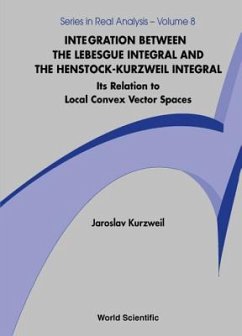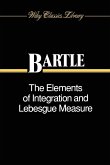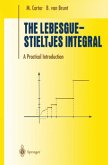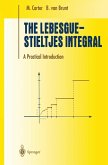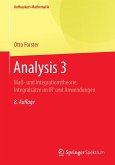This book offers a clear and comprehensive introduction to the Lebesgue integral -- one of the foundational concepts of modern analysis. Beginning with the historical development of integration, it builds naturally from the notions of null sets and step functions toward more advanced topics such as measurable functions, convergence theorems, Fubini's theorem, change of variables, and the structure of Lp spaces. Throughout, the material is presented with a focus on clarity, logical progression, and practical insight.Spanning eight chapters, the book guides readers through both the theoretical foundations and practical applications of the Lebesgue integral in ℝN. Along the way, it explores a wide range of key ideas, including the characterization of Riemann integrability, the Tonelli-Hobson criterion, non-measurable sets, integral transformations, Cavalieri's principle, Eulerian integrals, and convolution of functions. The result is a well-rounded and accessible treatment that bridges classical calculus with the depth of real analysis.Each chapter concludes with a carefully selected set of problems, all of which are fully solved in a dedicated section -- making this an ideal resource for both independent study and structured coursework. Whether you are encountering measure theory for the first time or seeking a deeper understanding of integration in higher dimensions, this book offers the theoretical foundation and practical support needed to master one of mathematics' most powerful analytical tools.
Bitte wählen Sie Ihr Anliegen aus.
Rechnungen
Retourenschein anfordern
Bestellstatus
Storno


